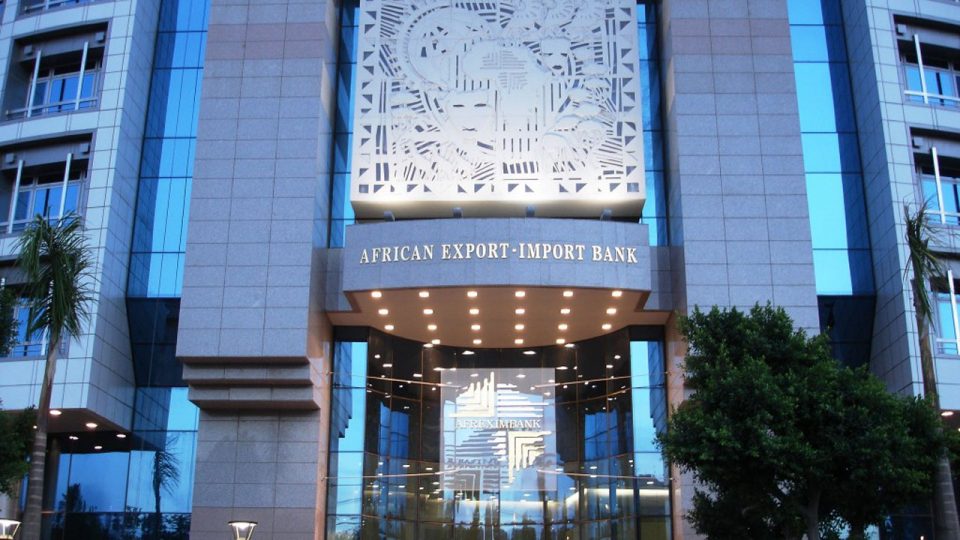
Afreximbank Campaigns For Intra-African Trade
More calls are coming in support of the African Continental free Trade Area agreement, with one of the most recent calls emanating from the African Export and Import Bank.
The Chairman and President, Afreximbank, Benedict Oramah, made the call recently while addressing stakeholders in Kigali, Rwanda.
He noted that although the major complaint about trading within Africa was infrastructure, the continent, however, had enough infrastructure to support $1tn trade.
He said, “First of all, Africa has infrastructure problem. That is very correct. But Africa’s tripartite trade is $1tn.
“It means the infrastructure in Africa can carry $1tn of trade. $1tn of trade in Africa is supported by the ports, roads and the rails we have.
“ Intra-African trade is $150bn or $170bn. Why is intra-African trade not $400bn? If I ask you to tell me what a particular country in Africa exports, you will not but you will tell me immediately what is exported or banned in the United Kingdom. We don’t know what is happening across Africa.”
Oramah reasoned that if it costs $100bn a year to put African infrastructure together, the amount would be too huge for respective governments and public institutions to afford, adding that the private sector would be best suited for the job.
He said, “So the private sector and the people that will come and complement the government can come. But private sector cannot come if they do not see the market and the only way they can come in and see the market is if there is no restriction.
“Somebody will do a road from Cote d’ivoire to Nigeria, when the person sees that actually, the volume of trade going on there is high, it will encourage the person to continue, but if nothing goes on at all, you will not see that private investor.”
He said while focusing on the problem of infrastructure, it should be noted that there was none that was conceived as infrastructural problem associated with intra-African trade, maintaining that infrastructure problem was the problem of Africa as a whole.
“Infrastructure is a problem for Africa as a whole and if intra-African trade grows, the investors will come and build the infrastructure,” he said.
In the same vein, the President of Rwanda, Paul Kagame, called on African nations to ignore warnings from the International Monetary Fund that African countries could face revenue shortfalls “if the continent starts the implementation of the AfCFTA as planned.”
The IMF had maintained that, although the agreement would boost trade on the continent, it would negatively affect earnings and employment opportunities in some sectors of the member countries’ economies.
But speaking during a tri-partite meeting in DR Congo capital, Kinshasa, Kagame reportedly urged African leaders to stay focused on the implementation of the policy since that would be in the positive interest of the African continent and the African people.
“It is important that Africa gives the necessary considerations to the views and opinions by external entities and development partners. It is also more important at the same time that Africa becomes aware of what we want for ourselves, pursue what is good for the continent and defend what is necessary for our collective development,” he stated.
He further noted that a lot of consideration went into the AfCFTA before it was agreed upon by member-states.
Meanwhile, Nigeria has yet to sign the AfCFTA pact, citing the need to consult widely and decide what the country stands to gain and in what area it will impact the local industry.
